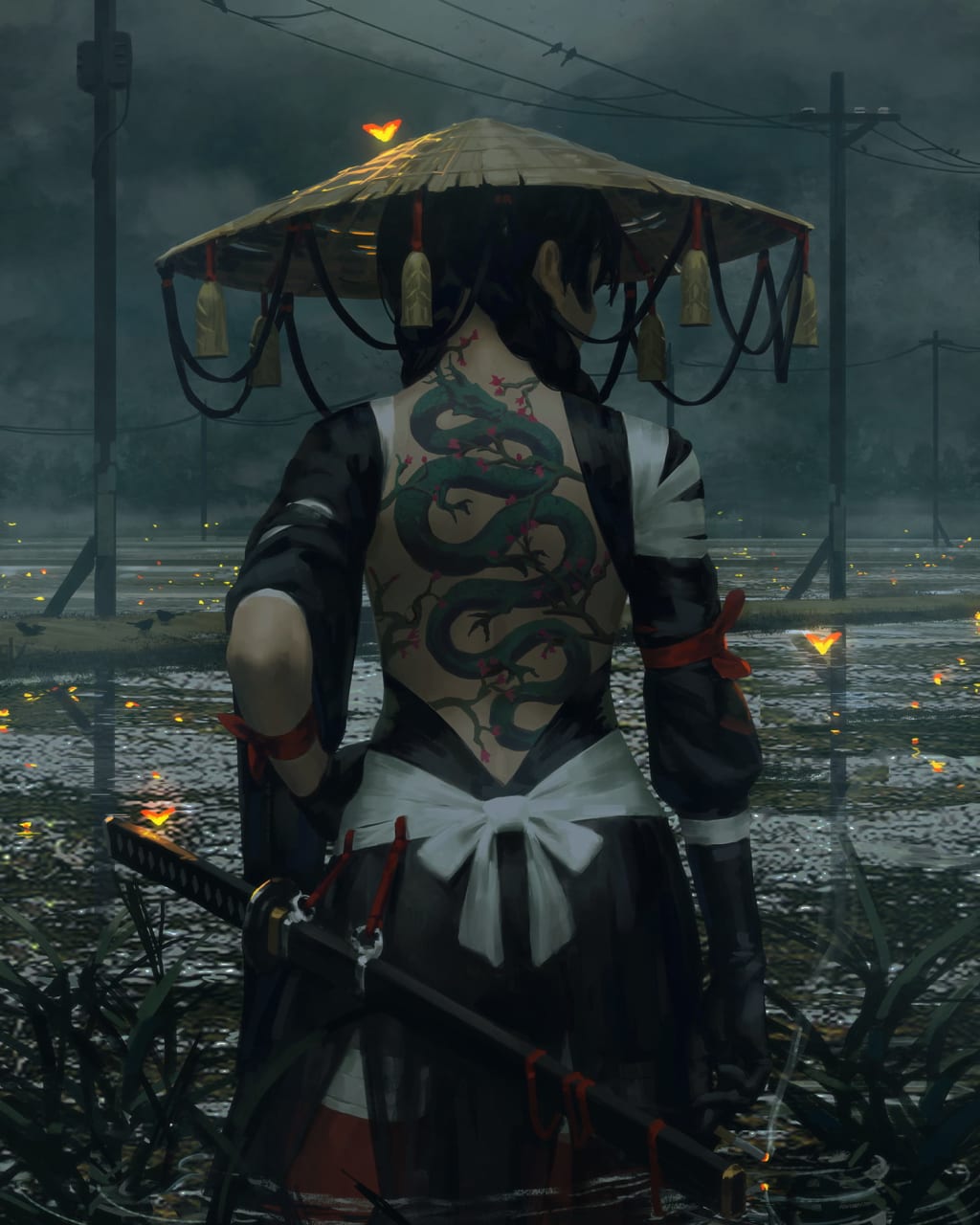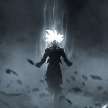
Desolation Angels" is a novel by Jack Kerouac, first published in 1965. It is a semi-autobiographical work that follows the travels of Kerouac's alter ego, Jack Duluoz, as he explores the American West and seeks spiritual enlightenment.
The novel is divided into two parts. The first part, "Desolation in Solitude," follows Duluoz's experiences as a fire lookout in the Cascade Mountains of Washington state. The solitude and beauty of the wilderness lead him to reflect on his life and the nature of existence, and he becomes increasingly interested in Buddhism and Eastern philosophy.
In the second part of the novel, "Desolation in the World," Duluoz travels to San Francisco and reconnects with old friends from the Beat Generation. He becomes involved in the counterculture of the 1960s, experimenting with drugs and exploring alternative forms of spirituality. Along the way, he meets a diverse cast of characters, including poets, artists, and activists.
"Desolation Angels" is notable for its blend of poetry and prose, its introspective and philosophical themes, and its portrayal of the Beat Generation and its ideals. The novel is also notable for its exploration of spirituality and the search for meaning in a rapidly changing world.
"Desolation Angels" is often considered one of Kerouac's most autobiographical works, as it draws heavily from his own experiences as a fire lookout in Washington state and his travels in the American West. Like much of Kerouac's work, the novel is characterized by its stream-of-consciousness style and its emphasis on spontaneous, unfiltered expression.

The novel also reflects Kerouac's growing interest in Buddhism and Eastern philosophy, which had a profound influence on his life and work. Throughout "Desolation Angels," Duluoz engages in deep introspection and reflects on the nature of existence, seeking answers to the fundamental questions of life and spirituality.
Despite its philosophical themes, "Desolation Angels" is also a vivid and colorful portrait of the counterculture of the 1960s. Kerouac captures the energy and excitement of San Francisco during this time, with its poetry readings, protests, and bohemian lifestyle.
Overall, "Desolation Angels" is a powerful and thought-provoking work that continues to resonate with readers today. It is a testament to Kerouac's enduring influence as a writer and cultural icon.

In addition to its literary and cultural significance, "Desolation Angels" is notable for its historical importance. The novel provides a firsthand account of the Beat Generation, a cultural and literary movement that emerged in the United States in the 1950s and had a profound impact on American literature and culture.
Kerouac himself was a central figure in the Beat Generation, along with other notable writers such as Allen Ginsberg, William S. Burroughs, and Lawrence Ferlinghetti. Together, these writers rejected the mainstream culture of the time and sought to create a new form of literature that reflected their own experiences and perspectives.
The Beat Generation was also associated with a broader counterculture movement that challenged traditional values and institutions. In "Desolation Angels," Kerouac captures the spirit of this movement, exploring themes such as freedom, individuality, and nonconformity.
Overall, "Desolation Angels" is a powerful and thought-provoking work that continues to inspire and influence readers today. It is a testament to the enduring legacy of the Beat Generation and its impact on American literature and culture.

One of the central themes of "Desolation Angels" is the search for meaning and purpose in life. Throughout the novel, Duluoz grapples with questions of spirituality, identity, and mortality, seeking to find his place in the world and make sense of his experiences.
Kerouac's portrayal of Duluoz is deeply introspective, and the novel is marked by its stream-of-consciousness style, which allows the reader to delve into the character's thoughts and emotions. Through Duluoz's experiences, Kerouac explores the nature of existence and the search for enlightenment, drawing heavily on his own interest in Buddhism and Eastern philosophy.
Another important theme in the novel is the tension between freedom and responsibility. Duluoz is often torn between his desire for adventure and his sense of duty and obligation, and the novel explores the challenges of balancing these competing impulses. Kerouac suggests that true freedom comes not from rejecting responsibility altogether, but from finding a way to live authentically and on one's own terms while still fulfilling one's obligations to society.
Finally, "Desolation Angels" is notable for its vivid and poetic descriptions of the American landscape. Kerouac's prose is rich with detail, and he captures the beauty and majesty of the natural world in a way that is both powerful and evocative. Through his descriptions of the mountains, forests, and deserts of the American West, Kerouac suggests that there is a deeper, more profound reality underlying the surface of everyday life.
Overall, "Desolation Angels" is a complex and multi-layered work that explores a range of themes and ideas. It is a testament to Kerouac's unique vision and his enduring impact on American literature and culture.






Comments
There are no comments for this story
Be the first to respond and start the conversation.